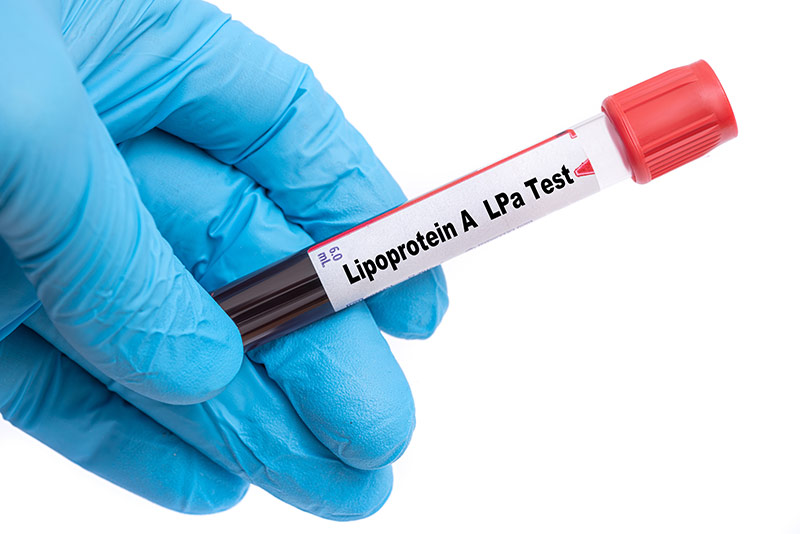Lipoprotein Clinical Study
Elite Clinical Studies is a multi-specialty dedicated lipoprotein clinical study research facility in Phoenix, Arizona.
Current Clinical Studies
Lipoprotein
Welcome to our informative page on lipoproteins at Elite Clinical Studies. Here, we delve into the essential role that lipoproteins play in maintaining heart health and how our research is contributing to a deeper understanding of cholesterol management. As a premier clinical research facility in Phoenix, Arizona, we’re dedicated to uncovering insights that empower individuals to make informed choices about their cardiovascular well-being.
What are Lipoproteins?
Lipoproteins are complex molecules that combine proteins, fats, and cholesterol. They serve as transport vehicles in the bloodstream, allowing lipids (fats) to move within the body. Lipoproteins are crucial for distributing lipids to various cells and tissues, including those vital for energy production and hormone synthesis.
Types of Lipoproteins:
Low-Density Lipoprotein (LDL): Commonly referred to as “bad cholesterol,” LDL transports cholesterol from the liver to cells throughout the body. However, excessive levels of LDL cholesterol can lead to plaque buildup in arteries, increasing the risk of heart disease and stroke.
High-Density Lipoprotein (HDL): Often known as “good cholesterol,” HDL plays a key role in transporting excess cholesterol from the bloodstream back to the liver for disposal. High levels of HDL are associated with a lower risk of heart disease.
Very-Low-Density Lipoprotein (VLDL): VLDL carries triglycerides (a type of fat) from the liver to various tissues. Elevated levels of VLDL are linked to increased cardiovascular risk.
Our Lipoprotein Research:
At Elite Clinical Studies, we are dedicated to advancing the understanding of lipoproteins and their impact on cardiovascular health. Our research aims to:
Identify Risk Factors: We study various factors that contribute to lipoprotein imbalances and how they relate to the development of heart disease.
Evaluate Therapies: Our clinical trials assess new therapies designed to regulate lipoprotein levels, reduce arterial plaque buildup, and ultimately lower the risk of heart-related complications.
Join Our Efforts for Heart Health:
By participating in our lipoprotein-related clinical trials, you become an active participant in the quest for better heart health. Whether you’re at risk for cardiovascular issues or seeking ways to improve your lipid profile, your involvement can lead to breakthroughs in prevention and treatment strategies.

